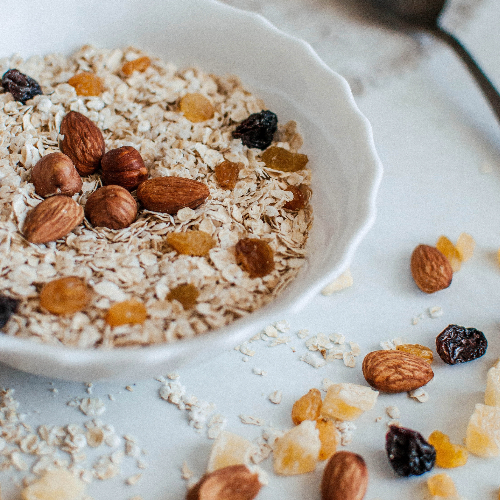In the world of sports and fitness, electrolytes are often mentioned as crucial elements for optimal performance and recovery. But what exactly are electrolytes, and why are they so important in sports nutrition? This article delves into the role of electrolytes and how they impact athletic performance and overall physical well-being.

Understanding Electrolytes Electrolytes are minerals with an electric charge, crucial for many bodily functions. They include sodium, potassium, calcium, magnesium, chloride, phosphate, and bicarbonate. These minerals help regulate nerve and muscle function, hydrate the body, balance blood acidity and pressure, and help rebuild damaged tissue.
Electrolytes and Athletic Performance During exercise, the body loses electrolytes through sweat, especially sodium and potassium. Maintaining a balanced electrolyte level is essential for athletes as they influence muscle function and fluid balance. An imbalance can lead to muscle cramps, fatigue, nausea, and even more severe conditions like hyponatremia.
Hydration and Electrolyte Balance Hydration is more than just water intake; it’s about maintaining the right balance of electrolytes. While water is essential for hydration, electrolytes help retain the fluid and ensure the body functions properly. For athletes, drinking electrolyte-rich fluids before, during, and after intense workouts is essential to maintain this balance.
Sources of Electrolytes The good news is that electrolytes are readily available in many foods and beverages. Sodium can be found in table salt and processed foods, potassium in bananas, oranges, and potatoes, magnesium in nuts and seeds, and calcium in dairy products and leafy greens. Sports drinks are also a popular source of electrolytes for athletes.
The Importance of Sodium for Athletes Sodium is particularly important for endurance athletes. It’s the primary electrolyte lost in sweat and plays a key role in fluid balance. A lack of sodium can lead to hyponatremia, characterized by nausea, headache, confusion, and fatigue. Athletes should ensure adequate sodium intake, especially during long-duration events.
Potassium for Muscle Function Potassium works closely with sodium to maintain fluid balance and is vital for muscle contractions and nerve signals. A deficiency in potassium can lead to muscle cramps and weakness. Foods like bananas, sweet potatoes, and spinach are great potassium sources for athletes.
Calcium and Magnesium in Muscle Health Calcium is essential for muscle contractions, while magnesium aids in muscle relaxation. Both are vital in preventing muscle cramps and fatigue. Athletes should include magnesium and calcium-rich foods in their diet to ensure these minerals’ adequate supply.
Electrolyte Supplementation While most athletes can get sufficient electrolytes from a balanced diet, some may require supplementation, especially during prolonged or intense physical activity. Electrolyte supplements come in various forms, including drinks, gels, and tablets.
Individual Needs Vary It’s important to note that electrolyte needs can vary greatly among athletes, depending on factors like sweat rate, exercise intensity, and climate. Athletes should tailor their electrolyte intake to their individual needs, potentially consulting with a sports nutritionist.
In conclusion, electrolytes play a critical role in sports nutrition. They are essential for hydration, muscle function, and overall athletic performance. Athletes need to understand their own electrolyte needs and ensure they are adequately met through diet or supplementation for optimal performance and recovery.



